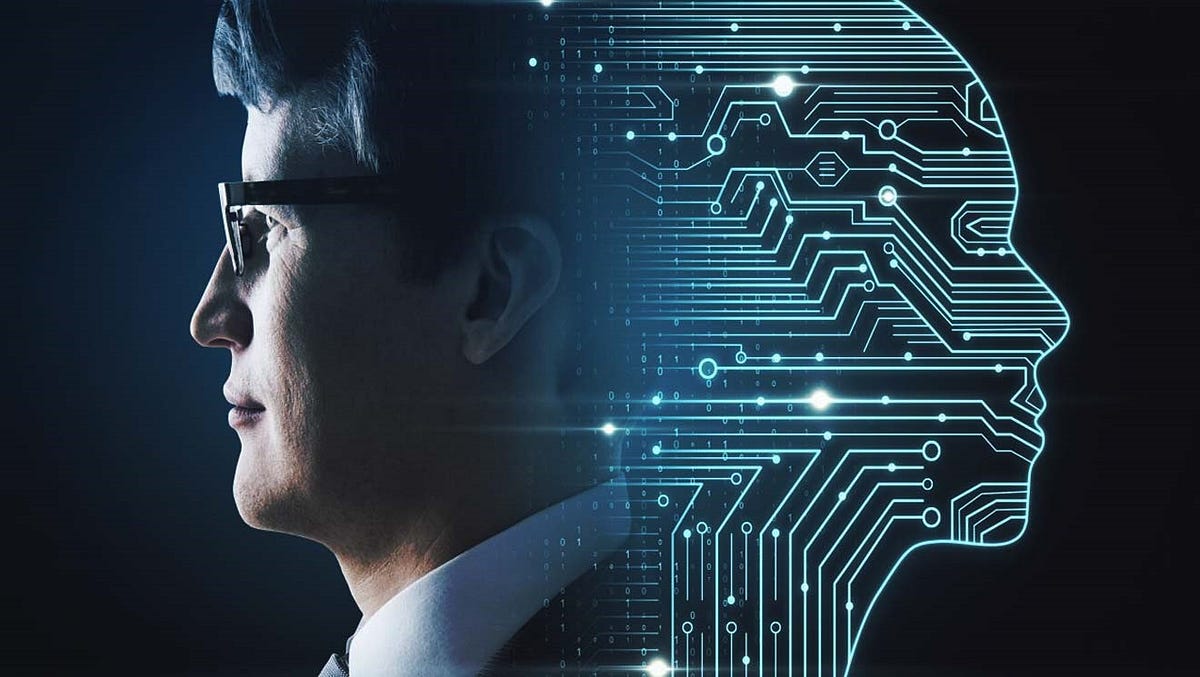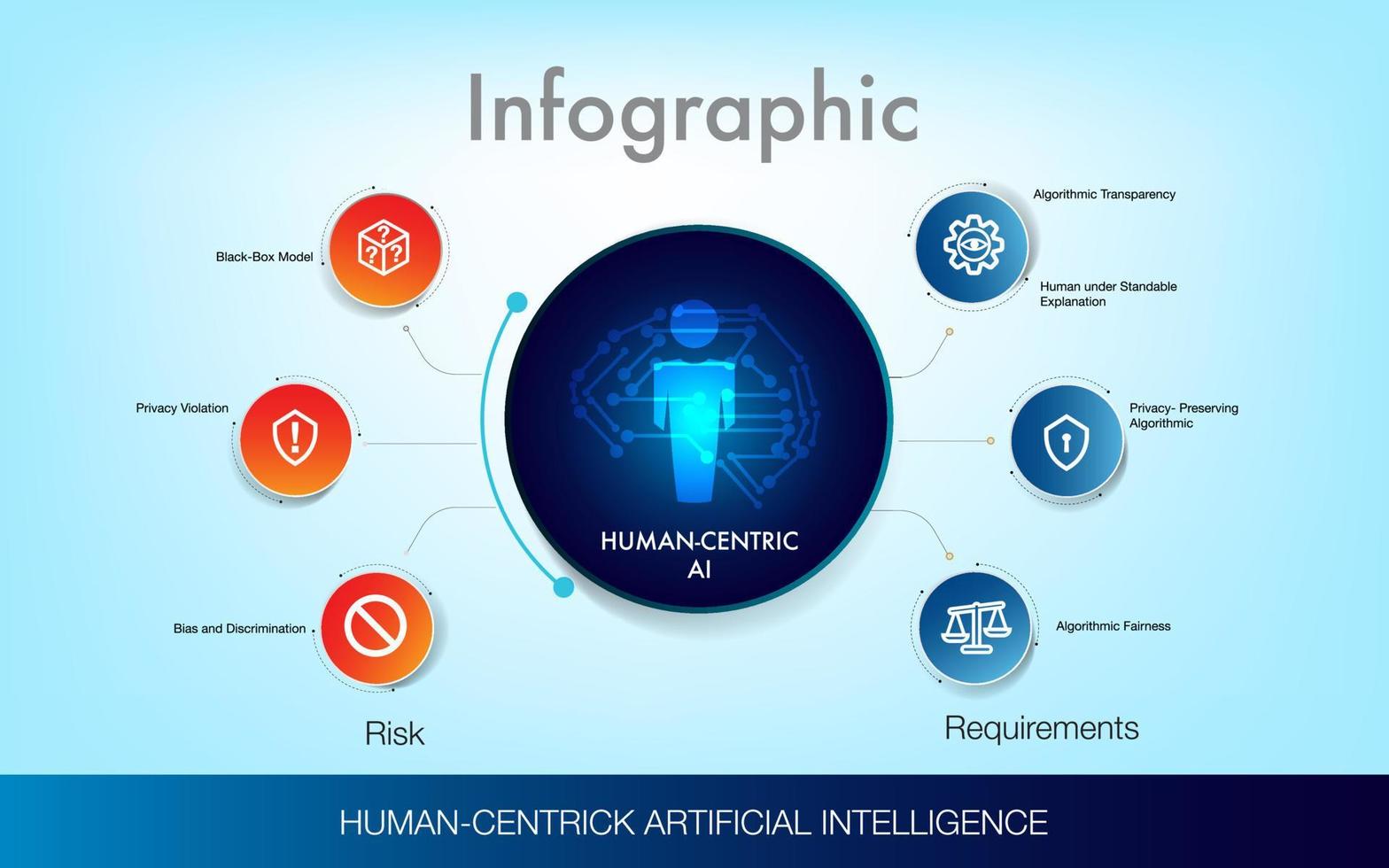In The Direction Of a Human-Centered AI Transformation: Redefining the Relationship Between Humans and Smart Machines
In this paper, labelled "In the direction of a Human-Centered AI Transformation: Redefining the Relationship Between Human Beings and Intelligent Machines," we dig right into the existing landscape of AI, checking out the moral considerations in its advancement. By encouraging human-AI partnership and redefining the duty of AI in society, we intend to describe a course towards an extra harmonious and useful coexistence in between people and intelligent machines.
Comprehending the Current Landscape
The present landscape of human interaction with intelligent equipments can be best comprehended through a thorough evaluation of existing AI applications and their influence on numerous industries. Expert System (AI) has rapidly became a transformative force throughout multiple markets, revolutionizing the method we function and live. From healthcare and financing to transport and production, AI applications have permeated practically every element of our culture.
In medical care, AI-powered formulas are being made use of to detect conditions, forecast person end results, and also aid in surgeries. These technologies have the prospective to considerably enhance person treatment, lower clinical mistakes, and enhance overall performance in health care shipment.
In money, AI is transforming the method we make investment choices, automate trading, and spot deceptive tasks. Maker knowing formulas can examine huge amounts of economic data in real-time, enabling more exact predictions and much better risk administration.
Transportation is an additional location where AI is making significant strides - human centric ai. Self-driving vehicles are coming true, with business like Tesla and Waymo leading the means. AI-powered systems are enabling much safer and more effective transport, decreasing crashes and traffic jam
In manufacturing, AI is revolutionizing production processes with the usage of robotics and automation. Intelligent devices can execute complex tasks with precision and speed, bring about increased efficiency and price financial savings.
These examples highlight the diverse variety of AI applications and their influence on various industries. Understanding the existing landscape is critical for policymakers, individuals, and organizations to harness the full possibility of AI while resolving its honest, legal, and social implications.
Honest Considerations in AI Development

One more moral problem is the fairness and transparency of AI formulas. AI systems commonly rely upon large quantities of data to choose, and if this information is biased or insufficient, it can cause prejudiced outcomes. Programmers need to guarantee that their formulas are fair and honest, which they do not perpetuate existing prejudices in society.

Privacy is additionally a significant moral factor to consider in AI advancement. AI systems often call for accessibility to individual data to function successfully, yet this raises problems about data personal privacy and security. Developers need to carry out durable privacy actions and guarantee that individual information is protected and used properly.
Finally, there is a moral duty to ensure that AI systems are not used for malicious functions. AI innovations have the prospective to be used for surveillance, cyberattacks, and other dangerous activities. It is important for designers to prioritize the development of AI systems that are resistant and safe and secure to misuse.
Humanizing AI: Empathy and Emotional Intelligence
To effectively humanize AI, programmers have to purposely grow empathy and emotional knowledge in their intelligent equipments. Compassion describes the capability to understand and share the sensations of others, while emotional knowledge includes the ability to acknowledge, understand, and take care of emotions, both in oneself and in others. Integrating these characteristics right into AI systems can considerably enhance their capacity to interact with human beings in a much more significant and natural method.
By instilling empathy in AI, programmers can create equipments that can recognizing and reacting to human emotions. This Bonuses can be accomplished via making use of natural language handling and view evaluation methods, allowing AI systems to comprehend the psychological nuances in human communication. By properly translating feelings, smart machines can much better customize their reactions, using compassion and assistance when required.
Furthermore, emotional intelligence in AI can allow makers to adjust their actions based on the emotion of the user. An AI aide might acknowledge signs of disappointment or unhappiness in a user's voice and react with perseverance and compassion, using practical suggestions or words of encouragement.
Developers can grow empathy and emotional intelligence in AI systems via the use of visit our website maker knowing algorithms. By training AI versions on datasets that include emotional cues and feedbacks, devices can find out to recognize and suitably reply to human emotions. Furthermore, recurring research study in affective computing and affective neuroscience can provide beneficial insights into the development of mentally smart and empathetic AI.
Encouraging Human-AI Collaboration
Efficient cooperation in between human beings and AI can be empowered with the strategic integration of their particular staminas and capabilities. The potential of human-AI partnership depends on taking advantage of the one-of-a-kind abilities of both celebrations to accomplish exceptional results. People bring imagination, instinct, and contextual understanding, while AI brings computational power, data analysis capabilities, and rate. By incorporating these toughness, we can develop a cooperative partnership where human beings and AI job with each other to solve complex problems, make educated choices, and drive advancement.
To encourage human-AI cooperation, it is essential to develop AI systems that are straightforward, transparent, and explainable. This means establishing intuitive interfaces that facilitate seamless interaction in between humans and AI formulas (human centric ai). In addition, AI models must be transparent, supplying users with insights into just how choices are made and allowing them to count on and validate the outcomes
In addition, empowering human-AI collaboration needs recurring training and upskilling of human workers. This involves giving education and resources that allow people to recognize and efficiently use AI systems. By equipping human beings with the expertise and abilities to take advantage of AI's abilities, we can make certain an unified collaboration that makes the most of the potential of both events.
Redefining the Duty of AI in Culture
The redefinition of the role of AI in society requires a comprehensive and thoughtful assessment of its influence and potential. As AI innovations proceed to advance and come to be more integrated into various elements of our lives, it is critical to take into consideration just how they can best offer culture and address the challenges we encounter.
One facet of redefining the role of AI in culture entails ensuring that it is made use of as a device to increase human capabilities as opposed to change them. Collective methods, where humans and AI work with each other, can cause ingenious services and better outcomes. This needs a shift in way of thinking from seeing AI as a hazard to welcoming it as an important source that can support human endeavors.
An additional crucial consideration is the ethical usage of AI. As AI systems end up being extra independent and qualified of making independent choices, inquiries emerge concerning responsibility, openness, and fairness. It is important to develop ethical standards and governing frameworks to protect against the misuse of AI and make sure that it straightens with social worths.
Furthermore, the function of AI in attending to social obstacles such as healthcare, climate change, and poverty ought to be explored. AI has the prospective to contribute substantially to these areas by allowing better information analysis, prediction versions, and targeted treatments.
Final Thought
In verdict, the partnership between humans and intelligent makers is evolving in the direction of a more human-centered AI transformation. Eventually, redefining the duty of AI in culture can contribute to a future where people and intelligent devices work together for the betterment of culture.
In this paper, labelled "In the direction of a Human-Centered AI Change: Redefining the Connection Between Humans and Intelligent Machines," we delve right into the current landscape of AI, discovering the ethical factors to consider in its growth. By encouraging human-AI partnership and redefining the role of AI in culture, we aim to describe a course in the direction of a more harmonious and advantageous conjunction between humans and smart devices.
